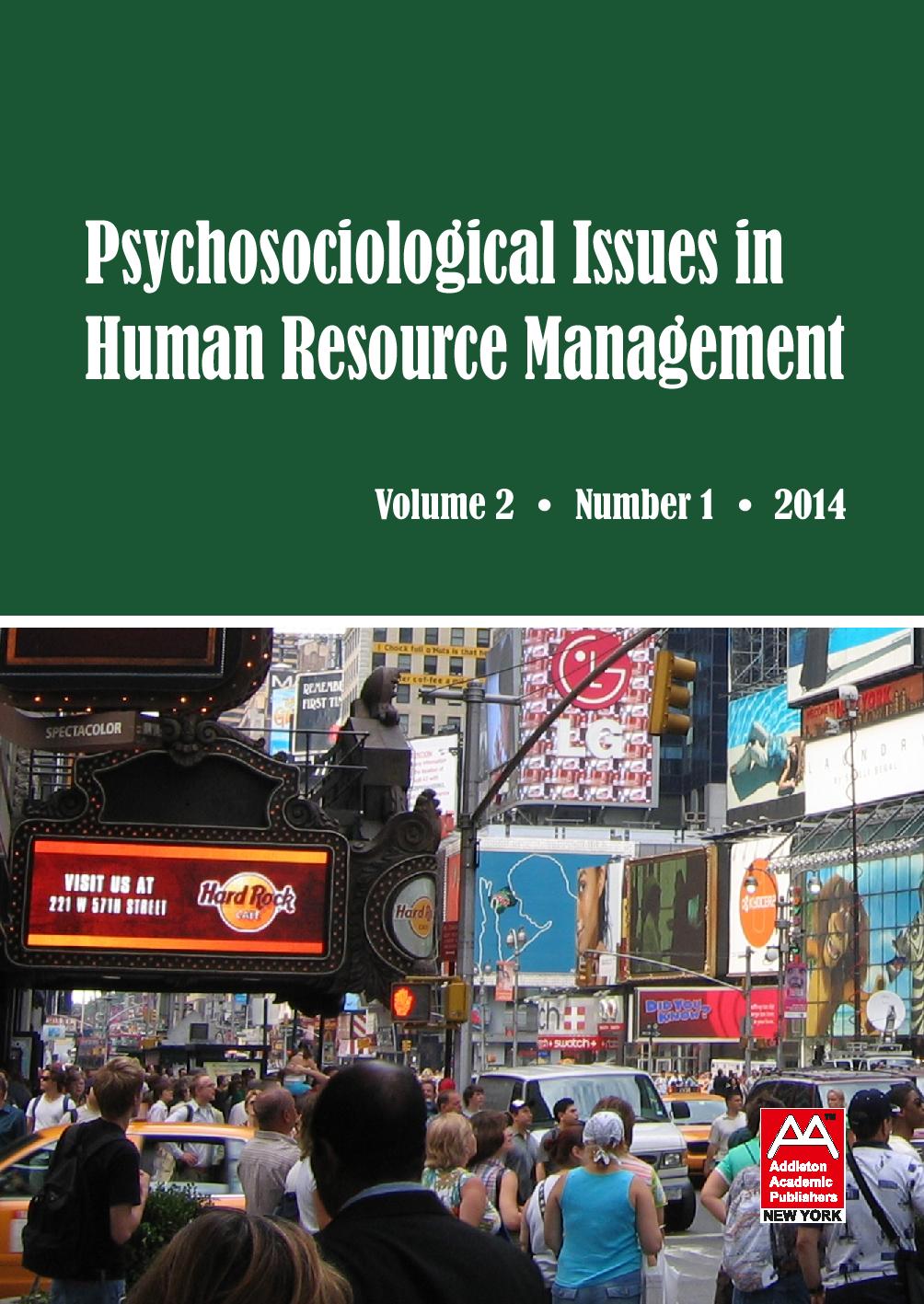LEADERSHIP STYLE, POLICING AND PERCEPTION OF CORRUPTION: A COMPARATIVE PRELIMINARY STUDY WITHIN THE NIGERIA POLICE FORCE
LEADERSHIP STYLE, POLICING AND PERCEPTION OF CORRUPTION: A COMPARATIVE PRELIMINARY STUDY WITHIN THE NIGERIA POLICE FORCE
Author(s): Felix Akinwumi Orole, Kamisan Bin Gadar, Murray HunterSubject(s): Management and complex organizations, Studies in violence and power, Sociology of Politics
Published by: Addleton Academic Publishers
Keywords: leadership style; transformational leadership; good policing; police corruption; reform; charisma
Summary/Abstract: The connection between leadership style, on the one hand, policing and perception of corruption, on the other hand, has received little attention in the literature on leadership theory and organizational processes. Hence, the aim of this study is to examine the relationship between transformational leadership and perception of corruption within the police institution, especially in this instance, the Nigeria Police Force. Based on a sampling process of cross sectional approach, the data were collected by administering questionnaires on 156 respondents in Alausa police district in Lagos State. The descriptive result shows that while transformational leadership is practiced in the Nigeria Police Force, the perceived level of corruption remains high. Though in varying degree, the results indicate a positive correlation between the attributes of transformational leadership (charisma, individualized consideration and intellectual stimulation) and the dimensions of corruption. While charisma consistently has a positive influence on the facets of corruption, individualized consideration and charisma influence the dimension of transparency within the police force. In addition, individualized consideration influences the facet of crime. Thus, transformational leadership seems to play an important, but complex role in the reduction of corrupt practices within the police institution. The findings were discussed in the specific contexts of transformational leadership theory, organizational practices and police corruption. The practical implications for organizational development, police reform and crusade against police deviances were also underscored.
Journal: Psychosociological Issues in Human Resource Management
- Issue Year: 2/2014
- Issue No: 2
- Page Range: 79-93
- Page Count: 15
- Language: English
- Content File-PDF

